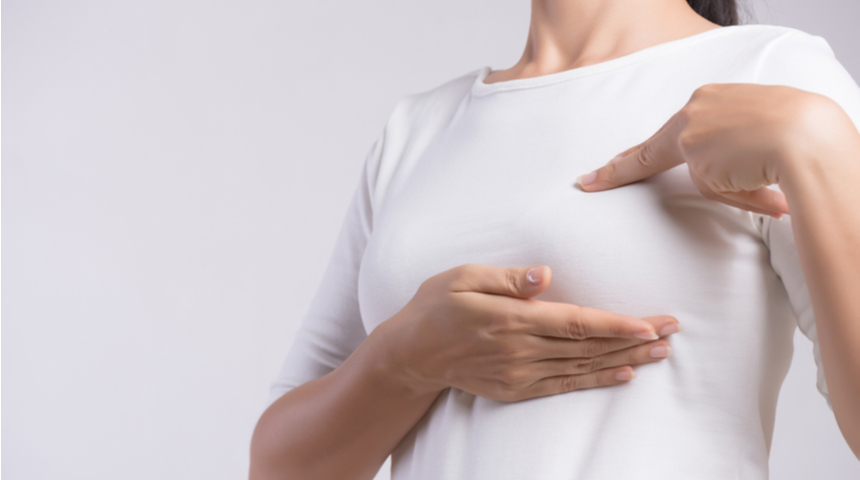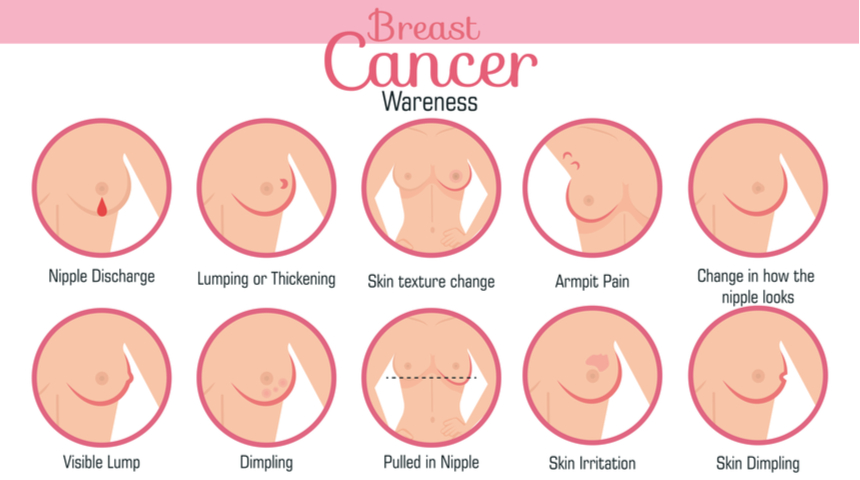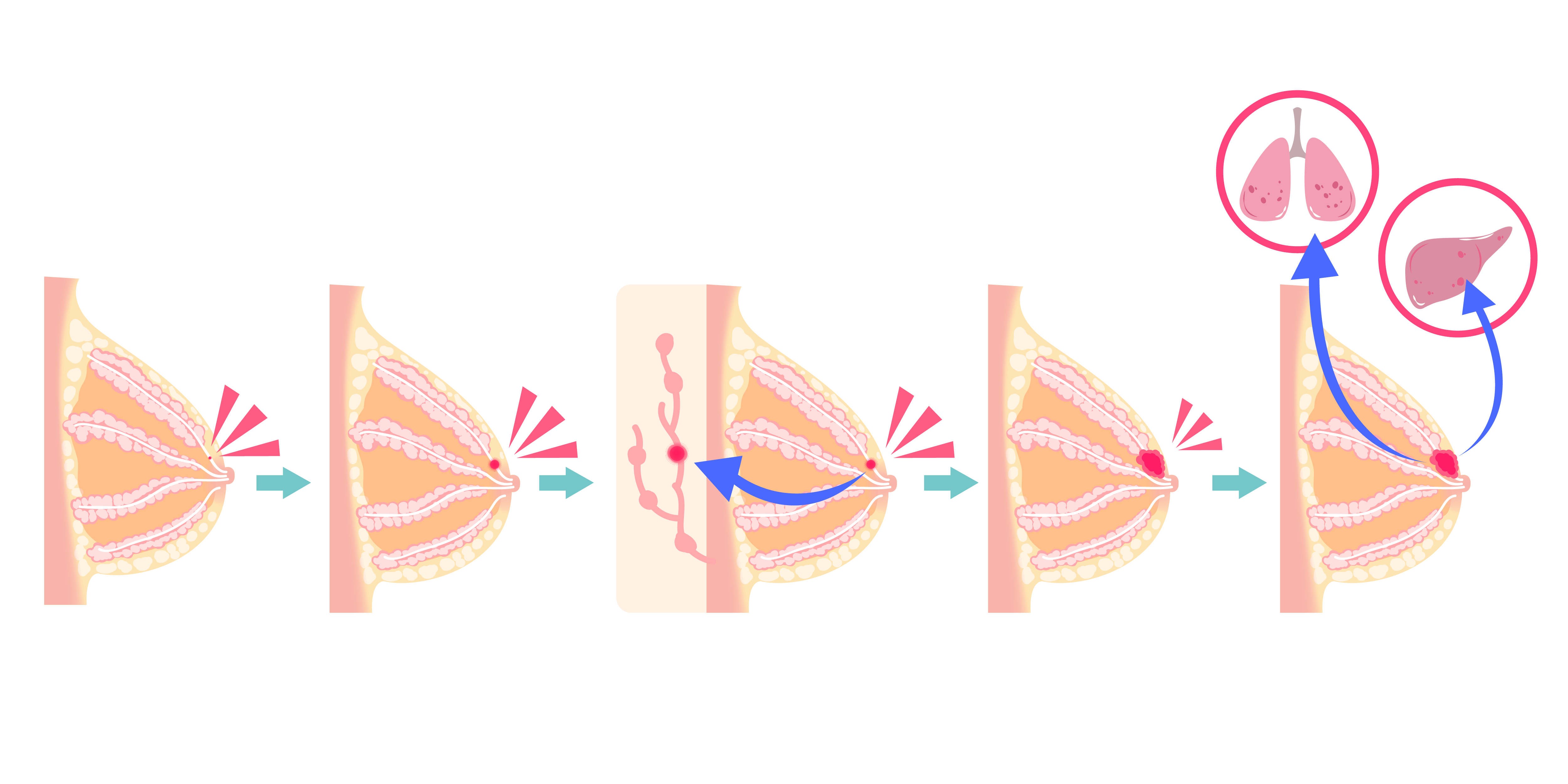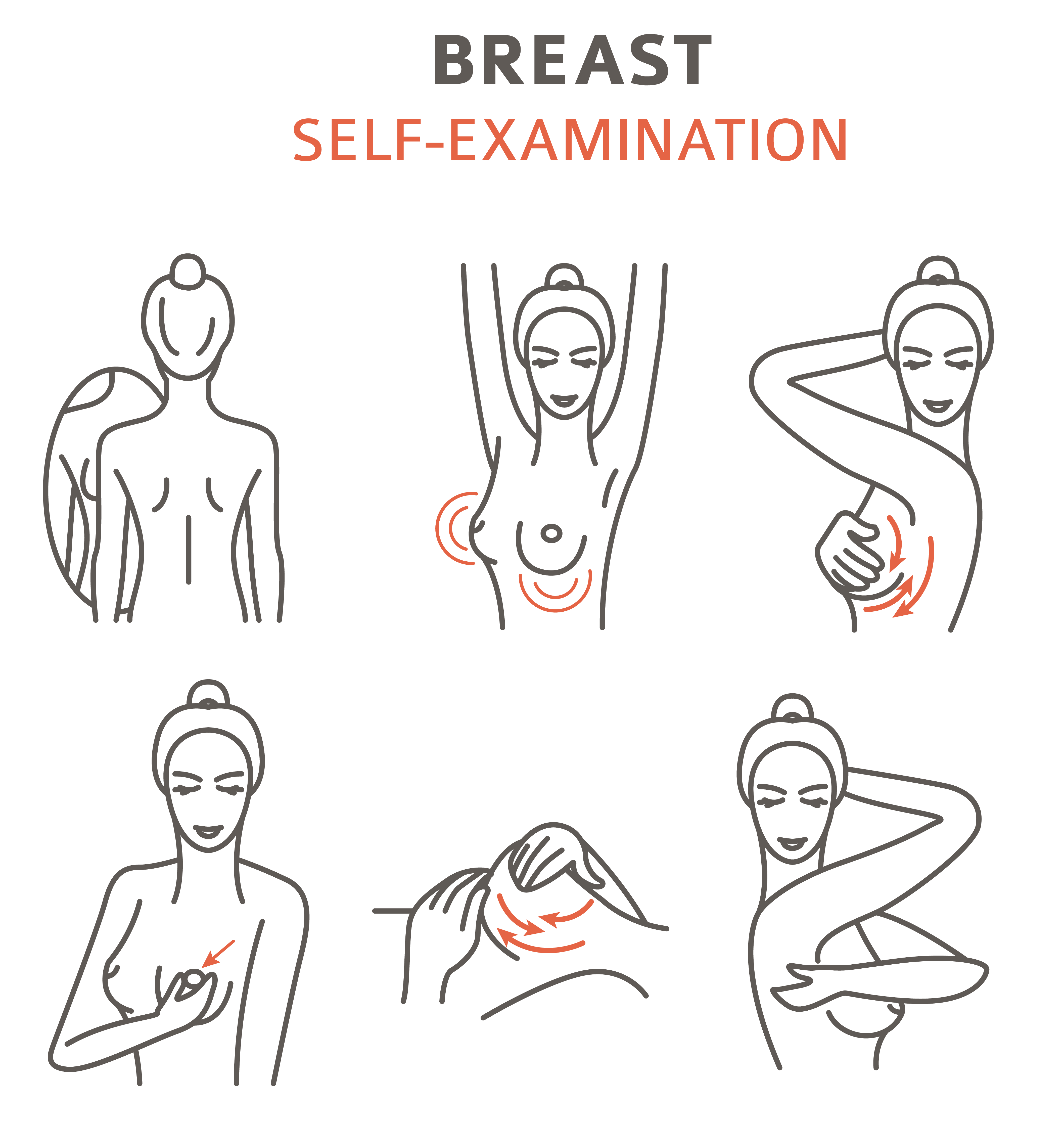
Breast Cancer In Singapore: What You Need To Know About Breast Cancer?
Breast cancer in Singapore
Breast cancer in Singapore is the most common type of cancer among women. 1 in 11 Singaporean women will develop breast cancer in their lifetime. This type of cancer starts when a tumor or cancer cells start to grow in the breast tissues. Like other types of cancer, there are no conclusive data that states the specific causes of breast cancer.
However, the risk of women developing the disease increases with age, especially for those who are 50 years old and older or have experienced menopause. A history of breast cancer in the family, mainly a first-degree female relative (mother, sister, or daughter), can also increase the risk of the condition.
Risk factors for breast cancer
Aside from age and family there other risk factors among women that can cause breast cancer in Singapore. Other risk factors include:
History of Malignant or Benign (non-cancerous) Breast Cancer
Women who have been diagnosed with breast cancer in the past has 3 to 4 times higher risk of developing breast cancer again in the breast previously not affected or a different part of the same breast.
History of Ovarian Cancer
Women with ovarian cancer are at risk of developing other types of cancer, such as breast cancer, especially if they carry a BRCA gene mutation.
Exposure to Estrogen
This includes women who had early onset of menstruation, late menopause or undergone hormone therapy.
Pregnancy over 30 years old
During pregnancy, breast cells are less likely to respond to estrogen. Having no or fewer children over the age of 30 exposes women to higher levels of estrogen. Breastfeeding also reduces the risk of breast cancer.
Weight and Diet
Unhealthy weight gain can increase breast cancer risks because extra fat cells produce excess levels of estrogen.
Alcohol and Cigarettes
Excessive alcohol and cigarette consumption affect estrogen levels in the body.
Signs and symptoms of breast cancer
It is hard to notice symptoms of breast cancer, especially in its earlier stages. However, upon noticing any of the following signs, consult with a doctor immediately:

- A lump in the breast
- Persistent rash around the nipples
- Unusual discharge from the nipple (ie. blood)
- Swollen or thickened skin in the breast
- Dent or wrinkling skin around the breast
- Retracted (drawn back) nipples
Stages of breast cancer

Breast cancer consists of five stages. The stages are numbered 0 to, Roman numerals, I to IV, where a higher number means a more advanced cancer stage. Stage 0 is considered non-invasive, or the cancer cells have stayed in the ducts or milk glands and not yet developed. Stage 1 is the earliest detection of invasive breast cancer, while Stage 4 is considered the most complicated stage.
Testing for breast cancer
Again, it is hard to notice earlier signs of breast cancer in Singapore. So, it is important to make it a habit to do monthly self-examination of the breast. Here are the steps for a breast self-examination:

- Raise your arms
- Lower your arms and press firmly against your hips.
- Turn to the side and look for changes in the size or shape of breasts, nipples, and appearance of skin. Do this to the other side as well.
- Use small circular motions to feel your armpits for lumps. Starting from the outer area, feel around your breasts in circles, until reaching the areolas. Do this for both breasts.
- Gently squeeze the nipple to check for bleeding or other unusual discharge. Do this to both nipples.
- Lie down and repeat steps 4 and 5.
Other than monthly self-examination, it is important to have a regular mammogram once every two years for early breast cancer detection. For women aged 40-49, consult the doctor first about the benefits and limitations of a mammogram at this age. There are many medical facilities offering subsidized mammogram screenings in Singapore.
Treatment for breast cancer
Different stages of breast cancer require different treatments. If the cancer is within the breast tissue of nearby lymph nodes, mastectomy (removal of entire breasts), lumpectomy (removal of the tumor and surrounding tissues), and radiation therapy are optional treatments. For invasive cancer that has spread to other parts of the body, treatments may include chemotherapy, hormone therapy, or targeted therapy.
